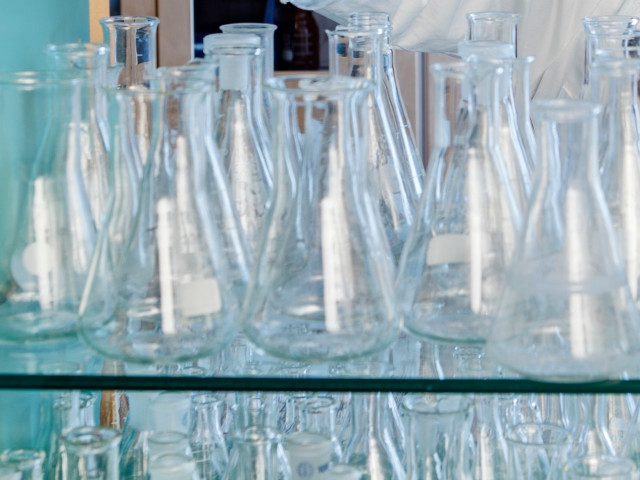Processing of polymers and the connections between choice of material, choice of method and properties of the final polymer product. The mechanical and physical behavior of polymer melts; rheology, orientation of molecules, solidification. The three dominant and technically most advanced processing methods, injection moulding, extrusion and calandering, are thoroughly discussed. Other processing methods are described more briefly. Special emphasis is put on the influence of different processing methods on the structure and properties of the materials, morphology, orientation of molecules, anisotropy, thermal residual stresses.
KF2170 Polymer Process Engineering I 7.5 credits
This course has been discontinued.
Last planned examination: Autumn 2018
Decision to discontinue this course:
No information inserted
Content and learning outcomes
Course contents
Intended learning outcomes
After the course the student should be able to describe materials science conditions for forming of polymers and know the most important processing methods.
Literature and preparations
Specific prerequisites
At least 150 credits from grades 1, 2 and 3 of which at least 110 credits from years 1 and 2, and bachelor's work must be completed, within a programme that includes:
75 university credits (hp) in chemistry or chemical engineering, 20 university credits (hp) in mathematics and 6 university credits (hp) in computer science or corresponding.
Recommended prerequisites
KF2130 Polymer chemistry
KF2140 Polymer physics
KF2190 Polymeric materials: Structure and properities.
Equipment
Literature
Examination and completion
If the course is discontinued, students may request to be examined during the following two academic years.
Grading scale
Examination
- LAB1 - Laboratory Work, 3.0 credits, grading scale: P, F
- TEN1 - Examination, 4.5 credits, grading scale: A, B, C, D, E, FX, F
Based on recommendation from KTH’s coordinator for disabilities, the examiner will decide how to adapt an examination for students with documented disability.
The examiner may apply another examination format when re-examining individual students.
Other requirements for final grade
Examination, 4,5 credits.
Laboratory work, 3 credits.
Opportunity to complete the requirements via supplementary examination
Opportunity to raise an approved grade via renewed examination
Examiner
Ethical approach
- All members of a group are responsible for the group's work.
- In any assessment, every student shall honestly disclose any help received and sources used.
- In an oral assessment, every student shall be able to present and answer questions about the entire assignment and solution.
Further information
Course room in Canvas
Offered by
Main field of study
Education cycle
Add-on studies
Contact
Supplementary information
Replaces KF2160